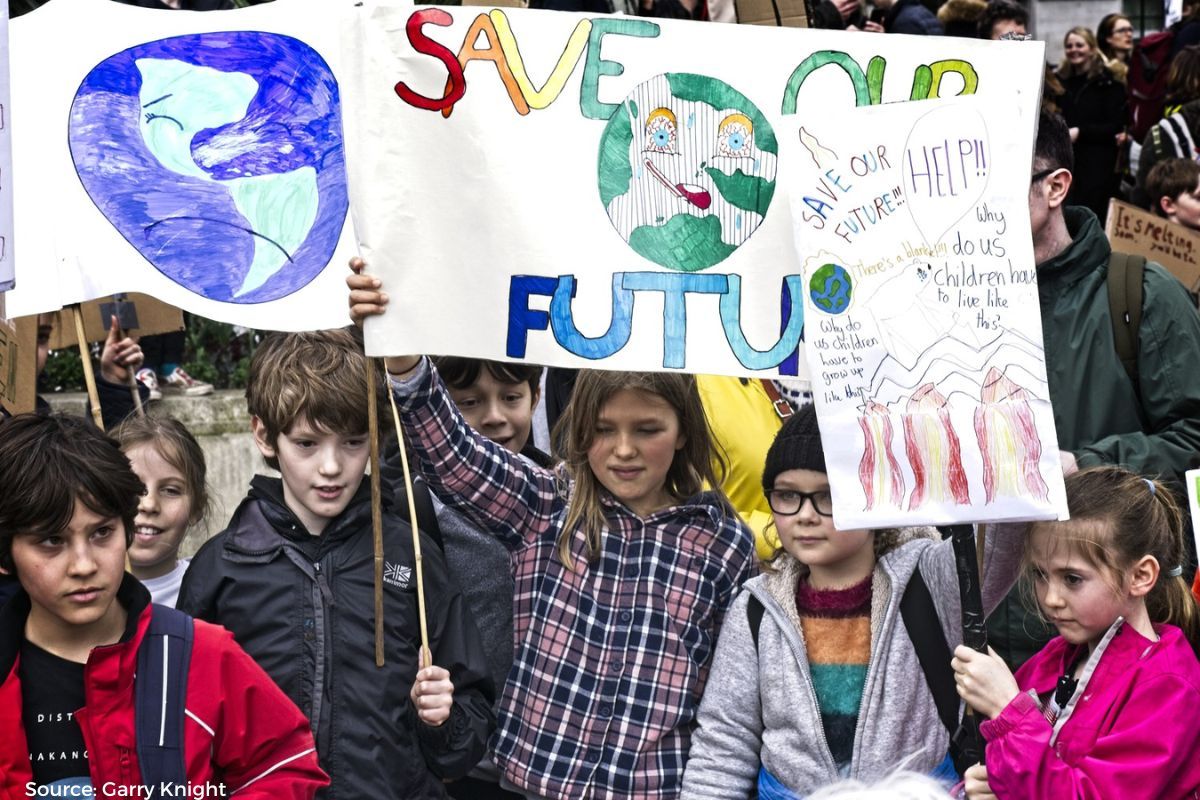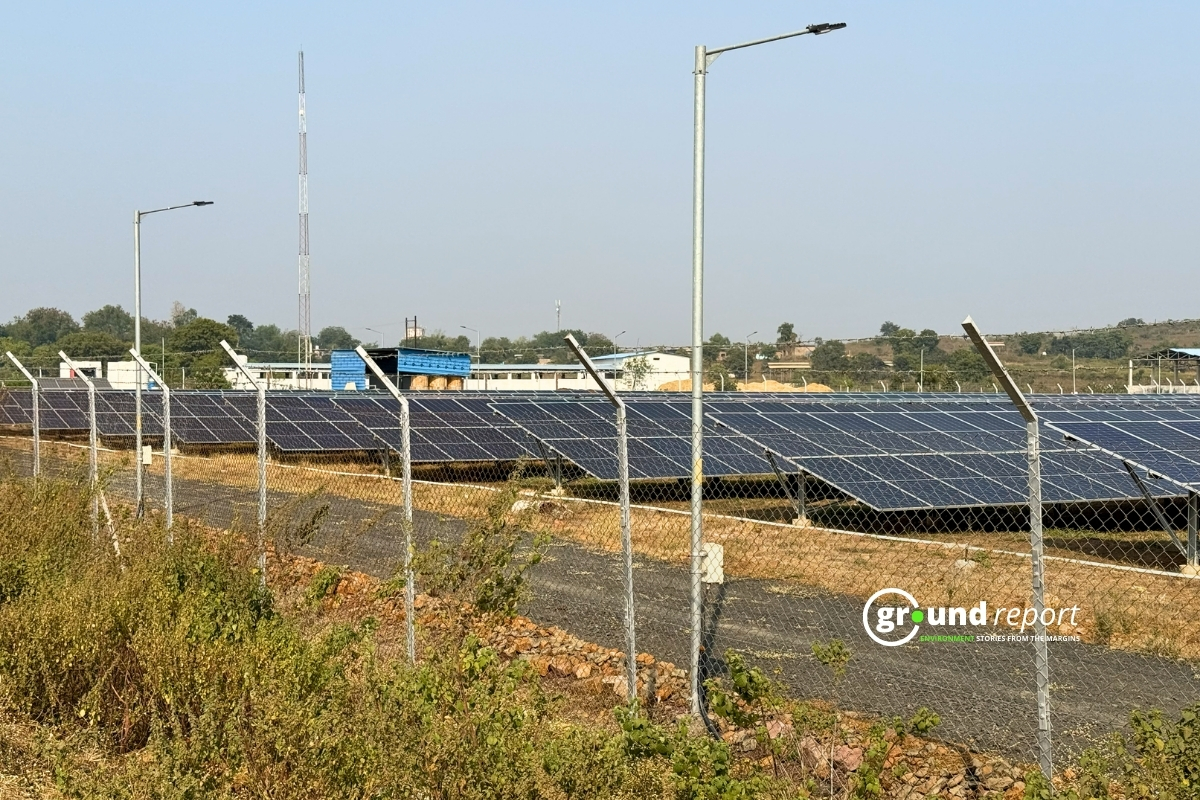A new study delves into the psychological factors underlying variations in climate change beliefs and pro-environmental behaviour, revealing the crucial role of an individual’s willingness to cooperate in social dilemmas.
The study, involving nearly 900 New Zealand participants, employed a series of behavioural economic games featuring social dilemma scenarios with monetary rewards. The participants were faced with the choice between prioritizing the common good and maximizing personal gain, thus examining their inclination to cooperate or act in their own interest.
Cooperation and climate change beliefs
Games used in the study included the dictator game, the trust game, the public goods game, and the deer hunt game. In the dictator game, one participant decided how many points to transfer to another passive participant.
The trust game involved the participants transferring points to each other with the possibility of multiplication. The public goods game allowed participants to contribute points to a common pool, which would be shared among all players. Finally, the deer hunt game required participants to choose between contributing to a shared group project or not contributing.
Data collection for the games took place over several months and participants were recruited through a tiered model. The sessions were held online using the oTree platform and participants received monetary rewards based on the results of their games.
The study analyzed the data using confirmatory factor analysis and structural equation modelling. A “cooperative phenotype” was identified as a latent variable from the behaviour of the participants in the economic games. Belief in climate change was also treated as a latent variable, with factor loadings for three belief-related items.
Cooperative phenotype
Surprisingly, the study found a consistent psychological preference for cooperation, which the researchers dubbed the “cooperative phenotype.” This phenomenon referred to individuals who consistently demonstrated cooperative behaviour, even if it meant sacrificing personal financial gain.
The study further demonstrated a positive association between cooperative gaming behaviour and participation in pro-environmental actions, indicating that those who exhibited a cooperative phenotype were more likely to report involvement in environmental conservation efforts.
The research findings revealed a strong correlation between cooperation in games and beliefs about climate change. People who displayed higher levels of cooperation were more likely to believe in human-caused climate change compared to those who displayed less cooperative behaviour.
Role of Cooperative Phenotype
Interestingly, the study results showed that the connection between cooperation and climate change beliefs and actions was independent of any explicit mention or discussion of real-world scenarios. The only common thread was the opportunity to cooperate in a social dilemma.
Two possible explanations were proposed: first, the notion that cooperative members were more inclined to make sacrifices for the environment and later came to believe in climate change as a justification for their actions; and second, the possibility that more cooperative individuals found beliefs about climate change more acceptable, which would lead them to take pro-environmental actions.
The study authors noted that their findings align with previous research, emphasizing the importance of bridging ideological divides and engaging in conversations with people who have different perspectives. In particular, the research found that people with a cooperative phenotype tended to show a greater inclination to support the Green Party, suggesting that the broader prosocial bias associated with cooperative behaviour might also influence political party preferences.
Crucially, the study emphasized that the results did not imply that conservatives were less generous. The evidence indicated that Conservatives and Progressives did not differ in the amount they contributed to cooperative issues such as charity, but rather in the recipients of their contributions.
Reframing climate change as a social dilemma
While progressives were more inclined to donate to larger anonymous groups or government agencies, conservatives tended to focus their giving at the local community level. This distinction could partly explain the differences in their stances on climate change, as proposals on climate change often embrace global rather than local concerns.
The researchers acknowledged that their findings applied primarily to developed Western populations, and called for more research to generalize beyond this scope.
The study’s findings offer hope by suggesting a potential approach to changing views on climate change, framing it as an extension of larger-scale local social dilemmas. This reframing could foster support for climate change action across the ideological spectrum, as people who regularly cooperate on small-scale social dilemmas are more likely to broaden their cooperation to the global challenge of climate change and believe in its reality.
Support us to keep independent environmental journalism alive in India.
Keep Reading
Part 1: Cloudburst in Ganderbal’s Padabal village & unfulfilled promises
India braces for intense 2024 monsoon amid recent deadly weather trends
Follow Ground Report on X, Instagram and Facebook for environmental and underreported stories from the margins. Give us feedback on our email id greport2018@gmail.com.
Don’t forget to Subscribe to our weekly newsletter, Join our community on WhatsApp, and Follow our YouTube Channel for video stories.









